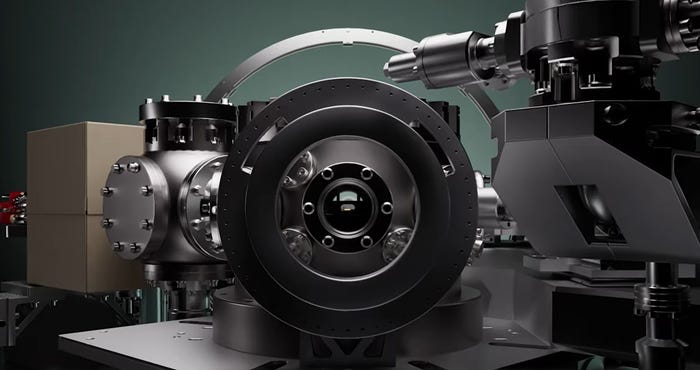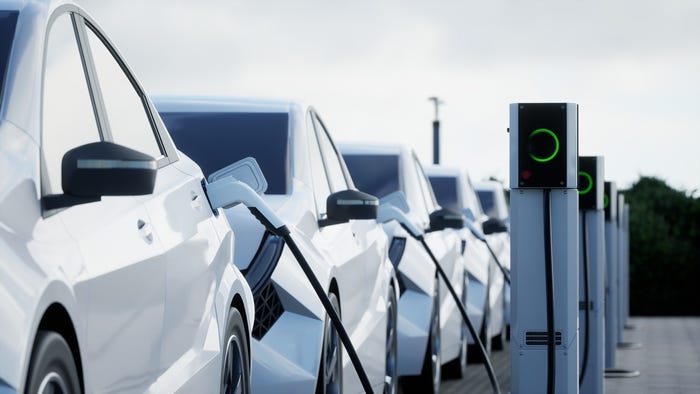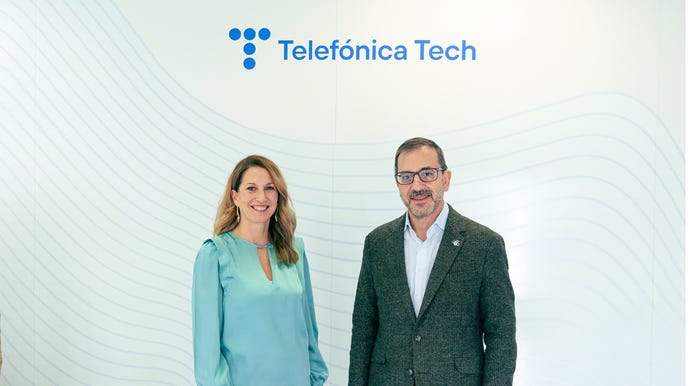
Connects decision-makers and solutions creators to what's next in quantum computing
DOE Launches $30M Quantum Computing Program for Chemistry, MaterialsDOE Launches $30M Quantum Computing Program for Chemistry, Materials
QC3 program aims to develop new catalysts, superconductors and batteries for sustainable energy

The U.S. Department of Energy Advanced Research Projects Agency-Energy (ARPA-E) has announced $30 million to fund quantum computing research to support the sustainable energy transition.
The Quantum Computing for Computational Chemistry (QC3) program aims to develop quantum algorithms to advance materials and chemicals research.
This could lead to new sustainable industrial catalysts, superconductors for more efficient electricity transmission and improved battery chemistries.
These applications involve elements that operate at the quantum level, which classical systems struggle to simulate with sufficient speed, scale and accuracy.
ARPA-E intends for the participating project teams to identify a specific problem in chemistry or materials science where a scalable and generalizable quantum solution could lead to significant energy impact or reduction in greenhouse gas emissions.
They should then develop algorithms to run on a quantum computer with around 100 logical qubits using software optimization across a quantum stack of applications, software and hardware.
Each team must demonstrate a 100x improvement over classical methods for energy applications, or show a scalable approach to doing so, and validate their algorithm on currently available quantum computer hardware.
This would be benchmarked against comparable computational chemistry calculations running on classical hardware.
According to ARPA-E, the QC3 program strives to advance its mission by developing, optimizing and co-designing quantum solutions to some of the most urgent challenges in energy.
“Computer simulations of chemistry and materials drive energy R&D, but classical computing has limits on the complexity it can replicate,” said ARPA-E director Evelyn N. Wang.
“QC3 projects will harness the power of quantum computing to exceed those limits and provide researchers with the tools to solve high-impact problems in energy.”
While the QC3 program is targeting computational chemistry and materials science for use in energy technology, the resulting quantum algorithms could also have transferable applications in other sectors.
About the Author
You May Also Like






